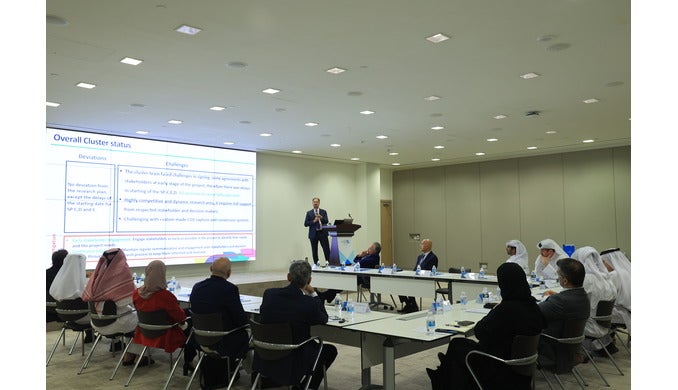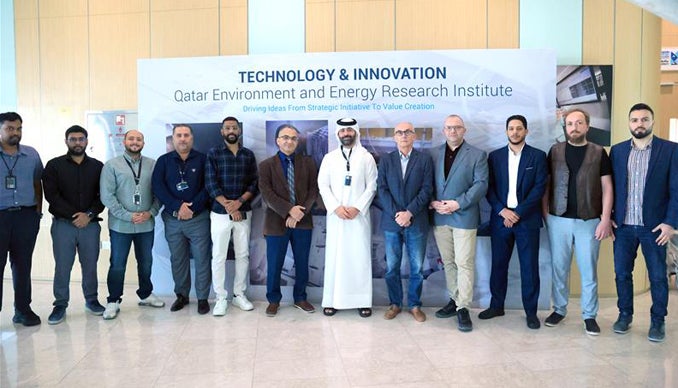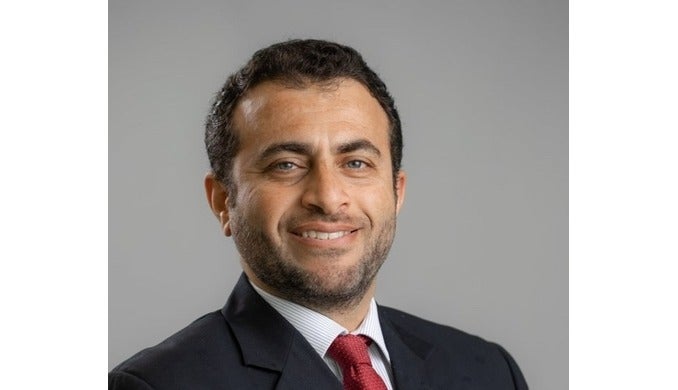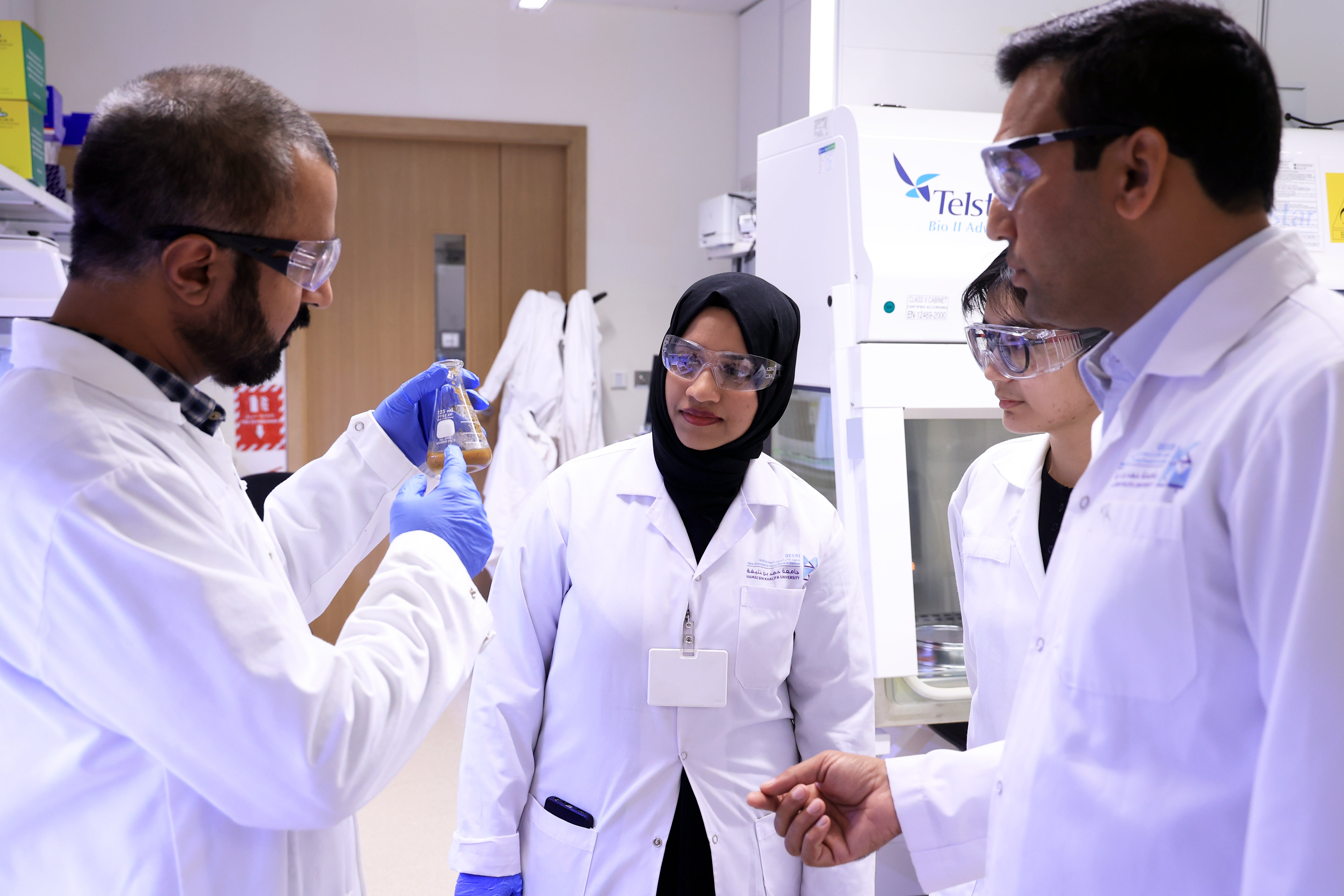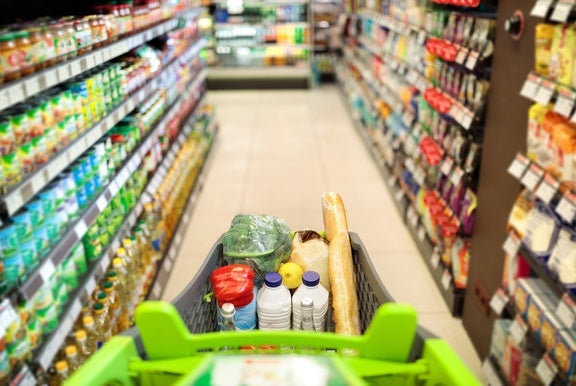
As Ramadan progresses, shifting food consumption patterns present significant challenges for supply chain management. The increasing demand for food, along with rising expectations for variety, often leads to over-purchasing, misallocation of resources, and food waste. These inefficiencies not only disrupt food production systems but also place a heavy burden on essential resources such as water and energy, particularly in arid climates where sustainability remains a critical concern.
One of the key issues is the imbalance between supply and demand. Anticipating higher consumption, individuals and businesses frequently over-order, leading to substantial food waste. This, in turn, sends misleading signals to suppliers, prompting overproduction and excess inventory, which contributes to further inefficiencies across the food supply chain. Beyond the direct waste of uneaten food, this cycle also results in the wastage of essential inputs such as water, nutrients, and energy used in food production, transportation, and storage.
Recognizing the importance of these challenges, Hamad Bin Khalifa University’s (HBKU) Qatar Environment and Energy Research Institute (QEERI) is conducting research that aims to improve supply chain efficiency and reduce food waste. A key project in this space is Qoot Qatar, a unique AI-integrated market research tool designed to optimize food supply management. By utilizing data-driven insights and predictive analytics, Qoot Qatar’s objective is to help governments, businesses, and individuals better align food supply with actual consumption patterns, reducing inefficiencies, and improving sustainability.
This approach extends beyond logistical improvements—it represents a broader shift towards responsible resource management. By integrating AI and decision-support tools, food security strategies can become more adaptive and resilient, ensuring that production and distribution systems respond dynamically to real demand. This not only minimizes waste but also enhances economic diversification by fostering a more efficient and sustainable food industry.
As supply chains evolve to meet modern challenges, research-driven innovations like Qoot Qatar offer scalable impactful solutions that contribute to long-term sustainability. By adopting smarter food management practices, societies can achieve a more balanced approach to consumption, ensuring that resources are used efficiently while reducing environmental impact.
Dr. Sa’d Shannak is a scientist at Hamad Bin Khalifa University’s (HBKU) Qatar Environment and Energy Research Institute (QEERI).
Related News
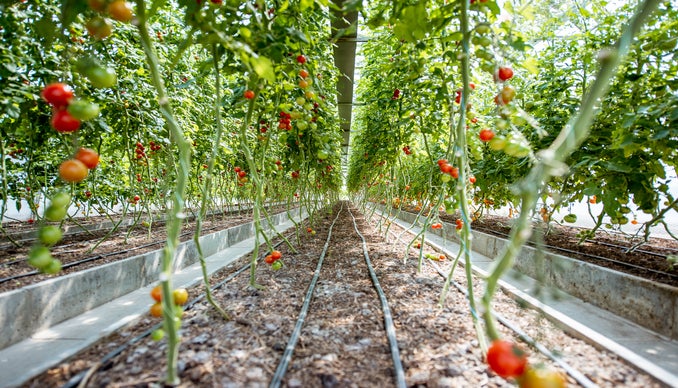
Smart Farming in Qatar: Using Tech to Boost Food Production in Arid Conditions
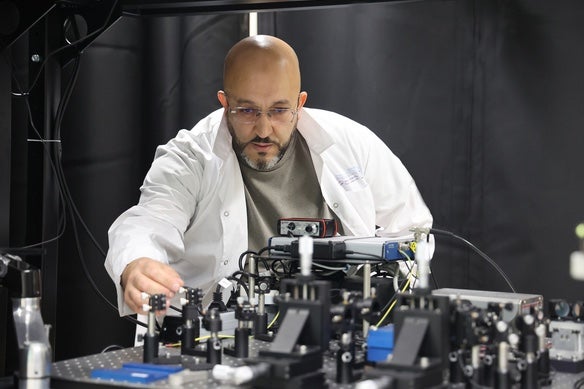
QEERI Pioneering Patent Successes in Advanced Energy Conversion and Next-Generation 3D Printing
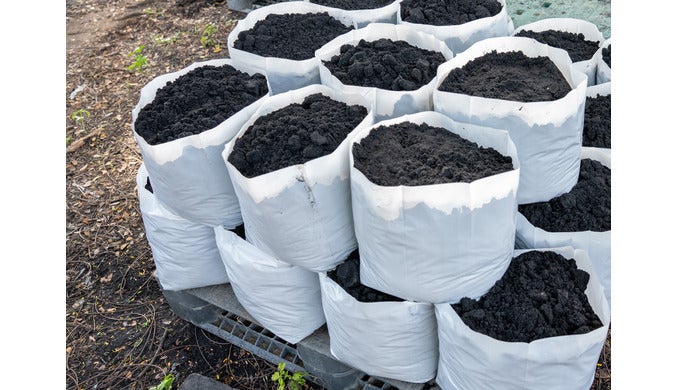
Qatar’s Innovative Solutions for Combating Desertification and Enhancing Sustainability
